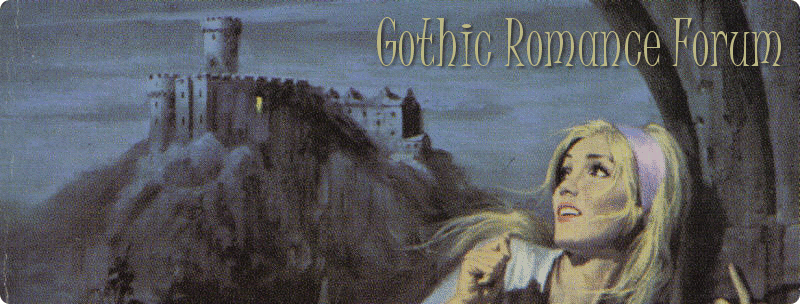03-25-2015, 03:46 PM
Can anybody help me with the meaning of the above word as used in Bram Stoker's 'Dracula?'? Â It occurs at the beginning of chapter V, in the first letter sent by Lucy Westenra to Mina Murray, and the context is as follows:
" As to the tall, curly-haired man, I suppose it was the one who was with me at the last Pop. Â Someone has evidently been telling tales. Â That was Mr. Holmwood."
The word is capitalised in the original. Â I have no idea why this should be so, or what it would have meant in 1897. Â Any ideas?
" As to the tall, curly-haired man, I suppose it was the one who was with me at the last Pop. Â Someone has evidently been telling tales. Â That was Mr. Holmwood."
The word is capitalised in the original. Â I have no idea why this should be so, or what it would have meant in 1897. Â Any ideas?



